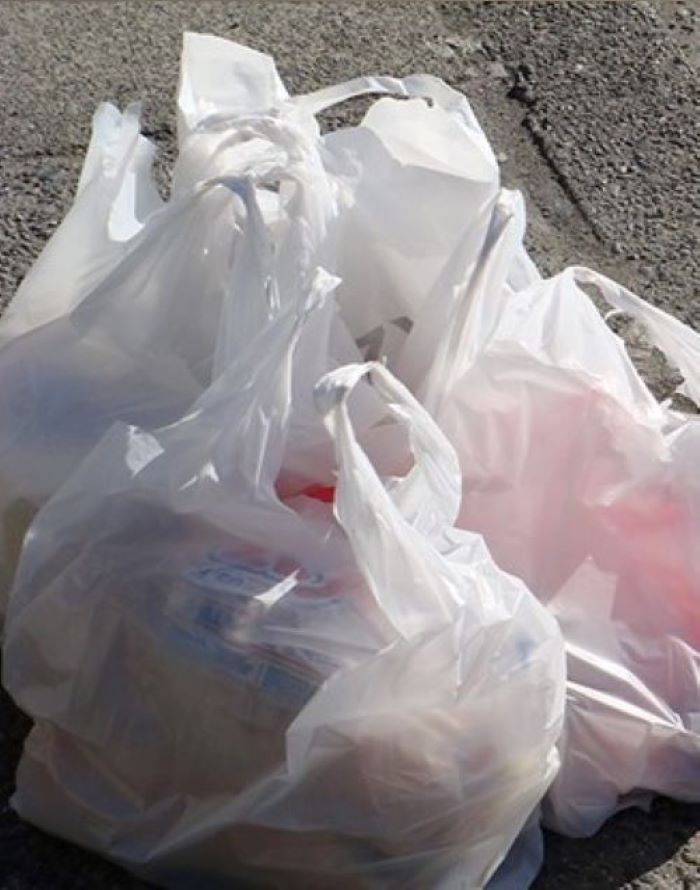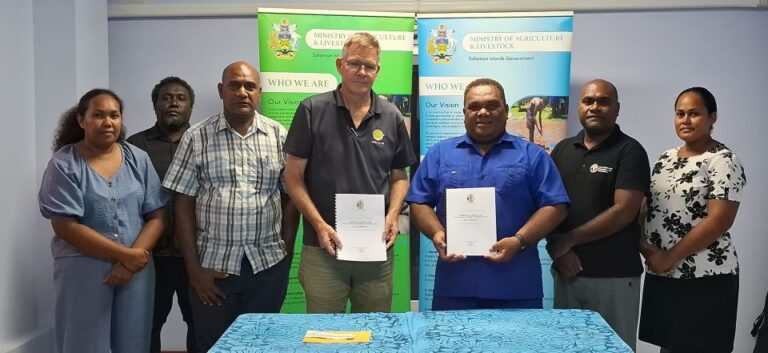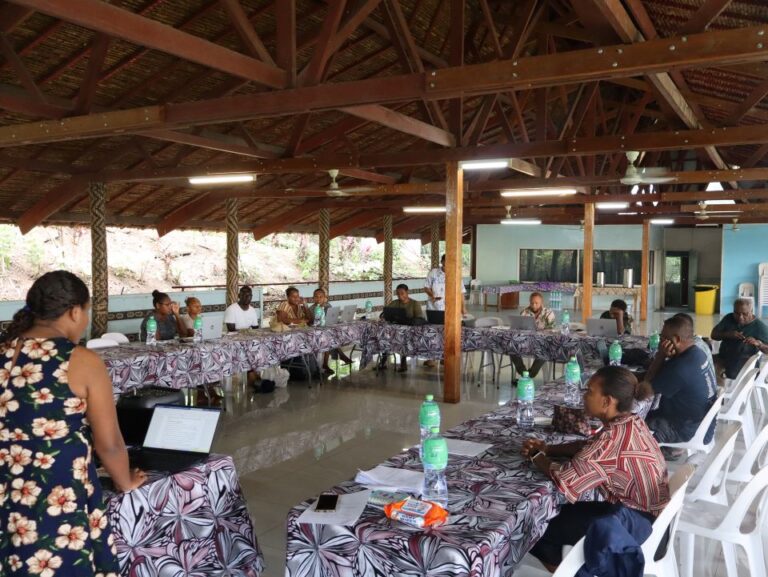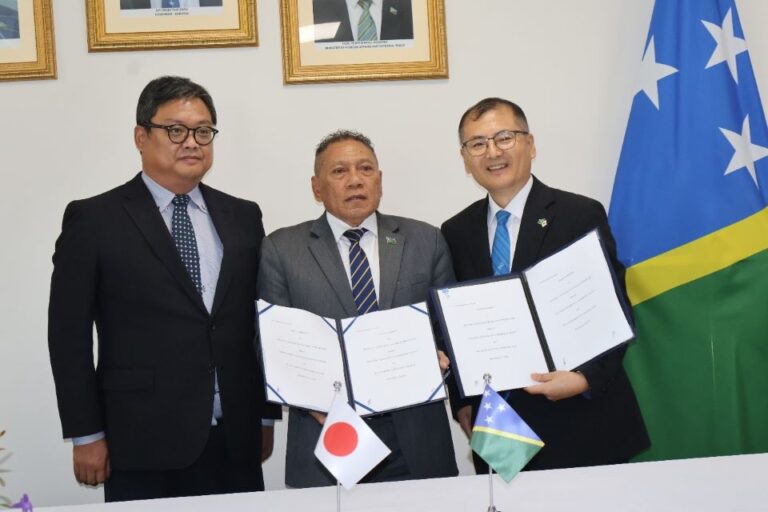BY AGNES MENANOPO
PLASTIC waste or pollution has become a general environmental issue and has gained considerable attention in recent years in the Solomon Islands.
The country has experienced an increasing amount of single-use plastics (plastic bottles and bags) being littered into the environment over the years.
Since the government through the Ministry of Environment (MECDM) has identified the proposed plan to ban on the single-use of plastics as a priority to consider and do soon, it suggested that plastic pollution has now become such a prevalent issue that if current trends continue there will be more plastic in the ocean and on the land.
The United Nations Development Programme (UNDP), Government, and NGOs have previously aimed to determine the social perceptions of plastic bags and bottles in particular, through consumption habits, the degree of awareness of environmental impacts and the willingness to reduce their consumption.
In mid-July of last year (2019), the United Nations Development Programme (UNDP), government, and NGOs have advocated on the Waste Management Innovation – School Re-thinking Plastic Trial Initiative, which aims to eliminate reliance on single-use plastics and better manage waste with solutions informed by behavioral insights. The approach draws on psychology, economics, and neuroscience to explain how people make decisions.
The Trial Initiative is testing a new approach to waste management by providing an enabling environment for young people to take practical steps to replace single-use plastic with reusable alternatives. Importantly, the initiative will provide the Government with valuable insights to address waste management in the country in the future.
According to UNDP Team Leader of Resilience Sustainable Development Unit, Joy Ivunu, starting the initiative in schools is a way forward in teaching young students how to change their behaviors towards treating their environment.
“Behavior is difficult to change as it is part of our habits, attitudes, and practices. This is why it is very important to start this initiative in schools so that we can change the behavior of our citizens when they are still in early stages if lives,” Joy said.
The initiative is one way in which the UNDP supports the Solomon Islands Government to reach its goal of reducing plastic use in the country.
Chief Environment Officer of the Environment and Conservation Division, Debra Kerekesa said starting with the schools is a very good step, which UNDP came up with for a behavioral change.
“Looking at behavioral change here, it will help the government when it comes to the time when the government will ban the single-use of plastics,” Kerekesa said.
Students from Solomon Islands National University (SINU) and several of the participating schools have assisted with data collection during the trial and have the opportunity to learn about plastic waste.




